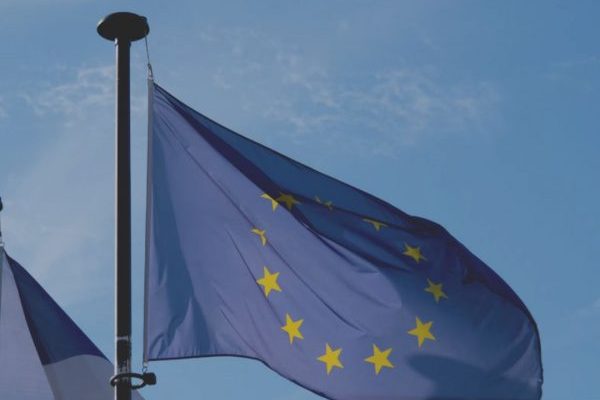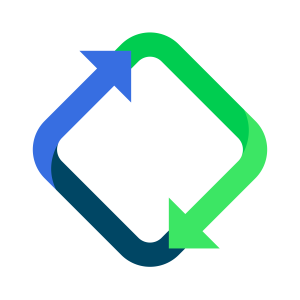Mandatory Recurring Audits TEST
- 19. January 2023
- Blog
A topic that often comes up for producers of products subjected to Extended Producer Responsibility (EPR) at the beginning of each year is recurring audits. While most collective compliance schemes contractually reserve a right to impose audits on producers at random or in case of doubt about the correctness of the data submitted, various laws in the European Union impose recurring audits on larger producers. In other cases, the scheme itself enforces audits regularly.
Recurring audits in Europe are relevant for producers registered for compliance in Germany, Denmark, Estonia, Spain, France, and the Netherlands.
In Germany, in line with the packaging law VerpackG, any producer exceeding an annual put-on market volume of 80 tons of glass or 50 tons of paper, carton, and cardboard, or 30 tons of all other materials accumulated are obliged to undergo a specified audit procedure for the volumes reported. This audit is due by May 15th and may only be conducted by auditors listed in a specific register managed by the Central Agency Packaging Register.
In France, every producer with a yearly contribution of over EUR 60,000 must submit an Agreed Procedure Report (self-audit) once every three years to the packaging compliance scheme Citéo. The current three-year period is 2020 – 2022, which means that for eligible producers, the current deadline is December 31st, 2023.
In Denmark, WEEE producers must either submit a management statement (for small companies) or do an audit by May 31st each year. Depending on the producer’s setup, the audit is done by the authorized representative or the registered Danish entity.
In Estonia, packaging producers that put more than five tonnes of packaging on the market must audit their packaging data by June 30th each year.
For Spain, the packaging compliance scheme Ecoembes mandates that any producer in Spain must have its submitted data audited until May 30th each year, if also subjected to the statutory Spanish financial audit. To be susceptible, a producer must fulfill two out of three criteria. The first one is a headcount of more than 50 employees. Second, a turnover of €5.700.000 must be exceeded. The third criterion is an asset worth exceeding €2.850.000.
In the Netherlands, the WEEE compliance scheme Stichting OPEN requires an audit to be carried out once every three years, covering the past three years. For this to apply, the following conditions should be met (in at least one of the three years):
- Total weight of at least 1,000,000 kg POM
- A contribution of at least € 50,000
RLG can provide extended support for the EPR audits of our customers, freeing clients of internal to-dos to the extent possible. Find information here.









